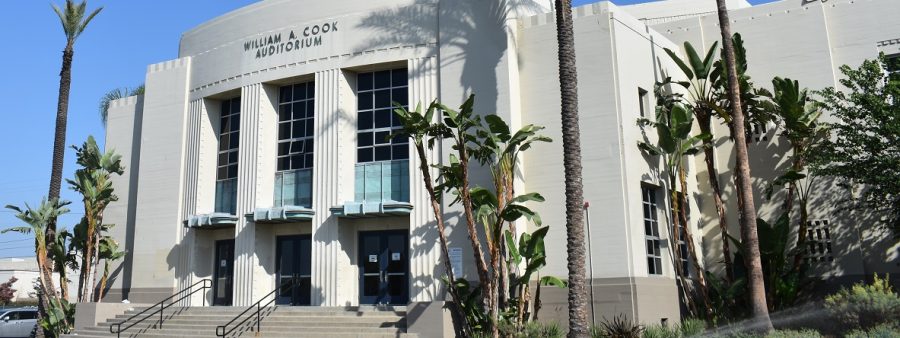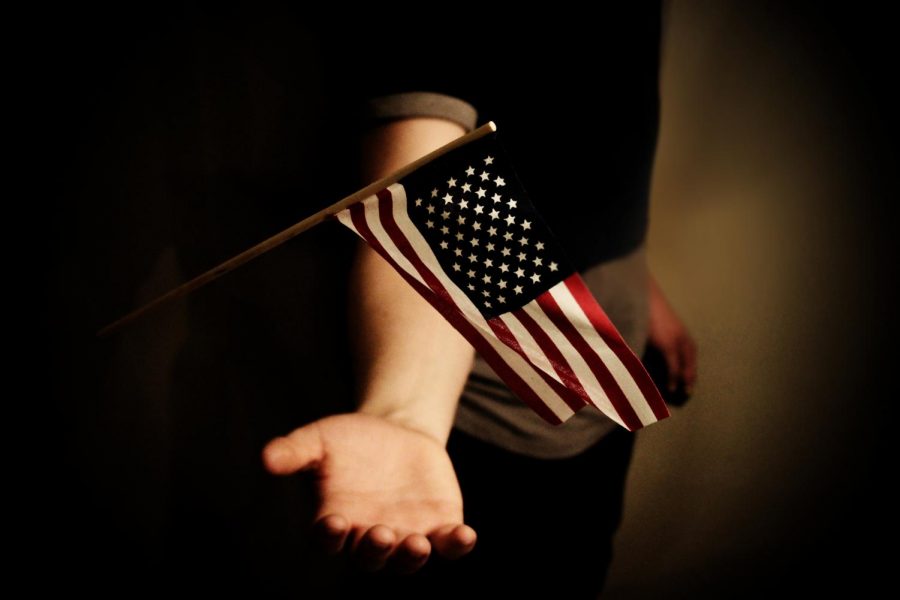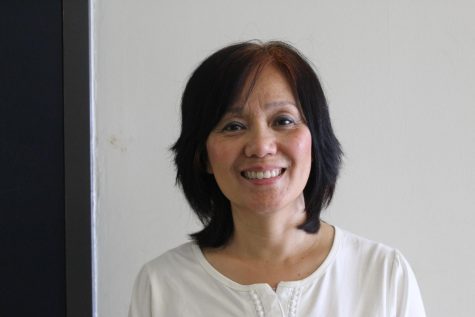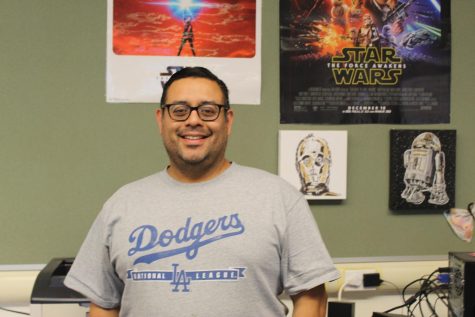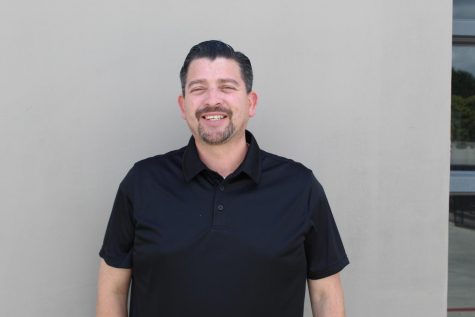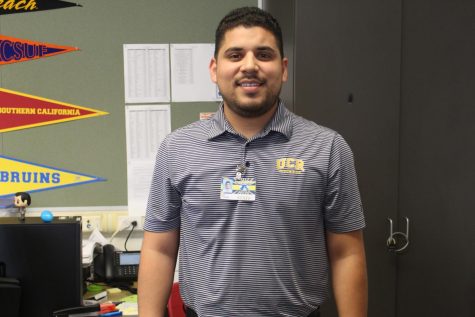President Trump, Where is the American Dream for Dreamers?
One of the most controversial topics lately has been immigration and all the people that could be affected by the Trump administration’s actions against immigration. One of the major groups that have been carefully observed under the Trump administration’s rule has been the Dreamers, those individuals that reside in the country under the protection of the Deferred Action for Childhood Arrivals (DACA) program established during Obama’s presidency.
Alongside, the controversy, there have also surfaced many misconceptions about Dreamers- the most popular being that they are criminals or that they do not contribute to society. Those are generalized statements that are made by frequently misinformed individuals that frankly do not accurately represent these Dreamers. Of course, that statement is as much of an opinion as theirs.
To better understand this situation from a different point of view, I interviewed an eighteen-year-old Dreamer, Pablo**.
** name has been changed to conserve identity
AG: How old were you when you came into the country and from where?
P: I was five when I came here from Guanajuato. I’ve been here for thirteen years.
AG: Have you had any difficulty adapting to the English language?
P: Yes. When I came here, I went to kindergarten at Thomas Edison, and I struggled to understand what my teacher was telling me. I remember I came home one time and I was crying because I couldn’t really understand what was happening.
AG: How has your school life been?
P: My school life has been better ever since I understand English. I want to graduate high school and start studying marketing and something to do with real estate as well.
AG: Do you have someone or something that keeps you going/ motivated?
P: I do. I always think about how life would be if my parents didn’t have to work so hard all the time. I tend to see my parents as working [themselves] to the point of exhaustion. I fear to get old myself. I don’t want to see my parents work till death. I would like to support them with my education and innovate a product so my parents won’t have to work as hard.
AG: Have you avoided doing certain things out of fear?
P: Yes I have. I wanted to apply for DACA, but we had feared that if it were to be stopped, I would’ve had the risk of being deported.
AG: Have you ever felt like you or your family were mistreated because of your legal status?
P: No, fortunately.
AG: Do you feel like people treat you differently once they know your legal status?
P: I don’t think it matters because I’m already here. The best that people do is they tell me to keep my hopes up for when the new DACA applications come so I’ll be able to apply to do the things that I’ve always wanted to do- feel free and at a peace of mind that I will not have conflicts with my legal status impeding me from achieving my goals.
AG: How do you think life would be for you if you were granted citizenship?
P: I would probably be investing in the stock market. I have ideas that I want to make, produce and sell. Every time I meet someone like me, I start thinking about whether if they have papers or not because most of my family members tell me I should get married to someone that is documented. It worries me because I don’t like to think about whether if they’re documented or not because I just want to be happy with the person that I marry.
AG: Has your legal status ever made you feel insecure about yourself?
P: Yes, I’ve avoided going anywhere near San Diego because of the immigration checkpoints. Even when I went to San Francisco, my parents had a little bit of fear even if it was for school purposes.
AG: Describe what or how you feel when you heard Lou Correa talking about the wall and DACA situation.
P: I can put myself in his shoes because it’s controversial as a topic, but there have to be two sides to the spectrum to explain his actions. I feel that he needs to find out what is best to do for the country.
AG: Would you ever want to go back to your home country?
P: I would like to go back to my own country. I have a lot of family members and I would like to catch up with them once again.
AG: If you had the president in front of you at this crucial moment, what would you tell him?
P: I would say I understand that it’s best to keep a balance between how many people you let in and out. However, for the people that are already here that’s a little bit selfish. It would be best to provide an amnesty for the people that have already been here for a certain amount of time so they can claim their rights as a citizen.
*This is only one individual out of the hundreds of thousands that call themselves Dreamers whose experience and views may differ from others. The intention of this interview was solely to learn from a different perspective and is by no means presented to the public in an attempt to persuade or demean differing opinions.
Your donation will support the student journalists of Anaheim High School. Your contribution will allow us to purchase equipment and cover our annual website hosting costs.
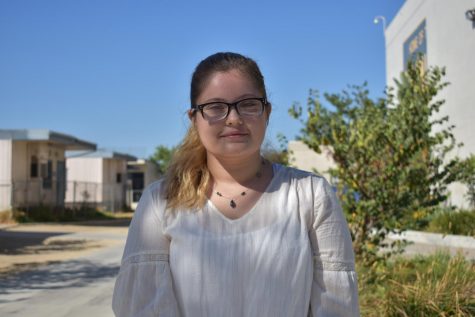
Angela Gonzalez is a senior at Anaheim High School. She is a bilingual reporter and editor in Spanish. She has been enrolled in the Dual Language Academy...

